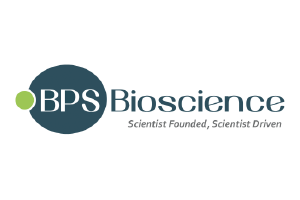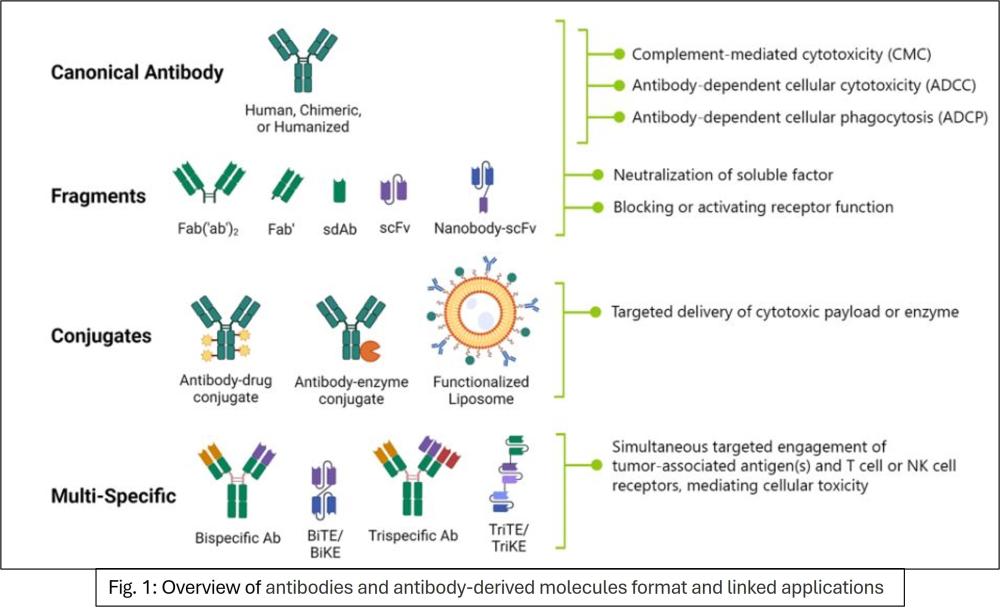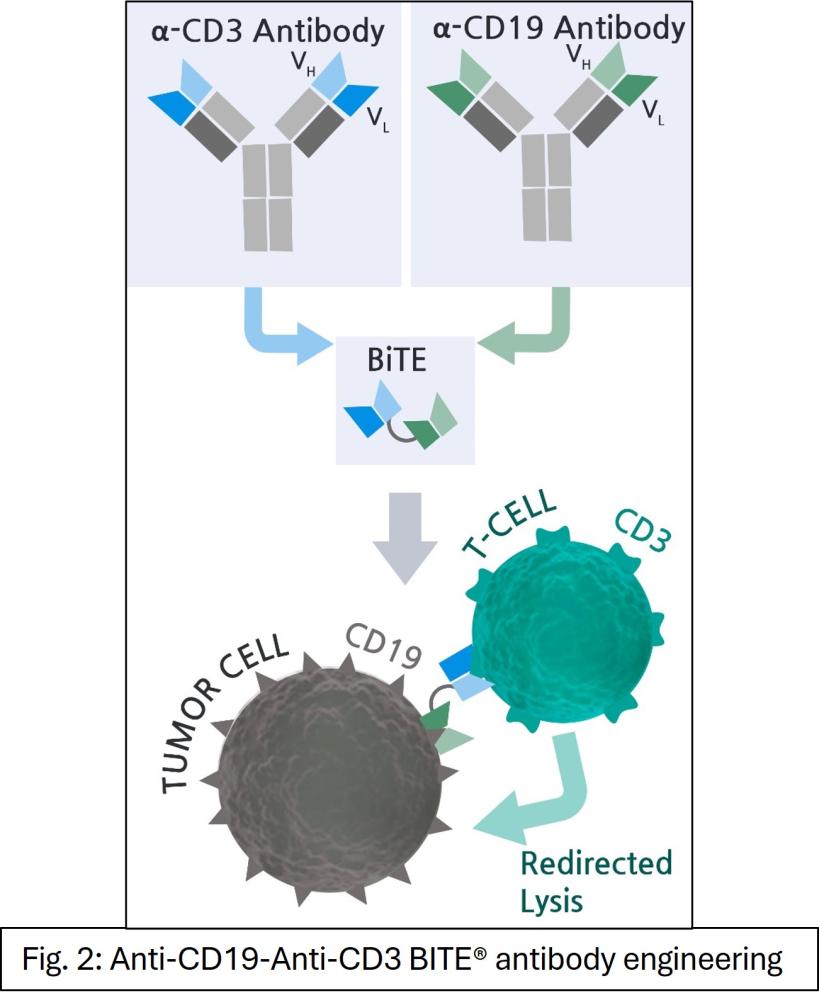


Bispecific antibodies like BiTe® engage T cells to specifically target tumor cells, offering a powerful tool in cancer immunotherapy. BPS Bioscience provides ready-to-use tools to develop and validate these antibodies efficiently.
- BiTe® antibodies (e.g., CD19/CD3) redirect T cells to kill tumor cells.
- BPS offers Jurkat reporter cells, functional assay kits, and analog antibodies.
In recent years, the use of monoclonal antibodies has revolutionized cancer immunotherapy and advanced malignancy treatments, inspiring the exploration of various therapeutic antibodies. In this blog, we will delve into how antibody engineering, particularly BITE antibodies, is transforming cancer treatment strategies, with a special focus on the tools developed by our partner, BPS Bioscience, to help you develop and validate bispecific antibodies.
Bispecific antibodies
Engineered antibodies or antibody-derived molecules are capable of targeting a wide range of pathologies, including arthritis, psoriasis, inflammatory bowel disease, and cancers such as lymphomas, breast cancer, and many others. These molecules can also be applied to a variety of therapeutic uses (Fig. 1), as outlined below:

Unlike traditional monoclonal antibodies that recognize and bind to a single target, typically a single epitope, a bispecific antibody (BsAb) is designed with two distinct antigen-binding sites, enabling it to bind to two different targets simultaneously. Over the last decade, research on BsAbs has grown significantly, with over a hundred BsAbs currently under clinical evaluation for cancer treatment, and four already validated by the FDA (ref publication).
Bispecific T-Cell Engager (BiTe®)
Among these molecules, some are specifically designed to bring two different types of cells together, as in cancer therapies. For example, one arm of the antibody may bind to a tumor cell, while the other arm targets an immune cell (such as T lymphocytes or natural killer cells), facilitating an immune response against the tumor. These are called BiTe® (Bispecific T-Cell Engager) or BIKE (Bispecific Killer Engager) antibodies (Fig. 2).

Blinatumomab (BiTe®), one of the FDA-approved BsAbs, is used as a second-line treatment for non-Hodgkin’s lymphoma and refractory acute lymphoblastic leukemia. It can bind to the CD19 antigen on cancer cells (e.g., Raji cells) and simultaneously to CD3 on T cells, thus linking T lymphocytes to cancer cells expressing the specific CD19 antigen. This interaction activates unstimulated T cells and induces direct cytotoxicity against CD19+ cancer cells.
A tool box for Bispecific antibodies development & Validation
To support the development and validation of bispecific antibodies for CD19-CD3 interactions, our partner, BPS Bioscience, has developed a range of solutions:
- Anti-CD19-Anti-CD3 Bispecific Molecule (Blinatumomab analog)
- Bispecific antibodies Colorimetric and Fluorescent assay kits (Fg.3)
- Reporter cell lines: NFAT Luciferase Reporter Jurkat Cell Line
- Reporter cell lines: IL-2 Luciferase Reporter Jurkat Cell Line
- CD19 CHO Recombinant Cell Line
- Recombinant CD19 Biotinylated
- One-Step Luciferase Assay System
- NFAT Luciferase Reporter Lentivirus
When combined with the reporter cell lines (mentioned above) or primary cells, the Anti-CD19-Anti-CD3 Bispecific Molecule, developed and validated by our partner, serves as a powerful tool for studying T-cell activation mediated by CD19+ cancer cells.

Experimental Procedure
Both Jurkat cell line models contain endogenous TCR/CD3 and have been stably transfected with either an IL-2 promoter-luciferase or NFAT-luciferase reporter system (Fig. 4). After incubation with increasing concentrations of the Anti-CD19-Anti-CD3 Bispecific antibody, luciferase expression can be detected, but only in the presence of CD19+ Raji cells. This occurs because the bispecific antibody binds simultaneously to TCR/CD3 on the Jurkat reporter cells and CD19 on the target Raji cells, stimulating NFAT- or IL-2-induced luciferase expression. This luciferase activity confirms T-cell activation.

Conclusion
In this rapidly growing field, our partner BPS Bioscience offers tailor-made solutions, such as reporter cell lines and assays to assess Kd or T-cell activation, to help you develop and validate your BiTe® antibodies and much more.
-
References
- 1- Jing Wei 1† , Yueyao Yang2† , Gang Wang2 and Ming Liu1 * (2022) Current landscape and future directions of bispecific antibodies in cancer immunotherapy, Frontiers in Immunology - BPS Biosciences: Bispecific Antibodies & BiTE® (Bispecific T-Cell Engager) - BPS Biosciences : ADC and Antibody-Based Cancer Therapies
Ready to take to the next step?
From product selection to Contract Research Services, we provide expert guidance tailored to your research project needs.



